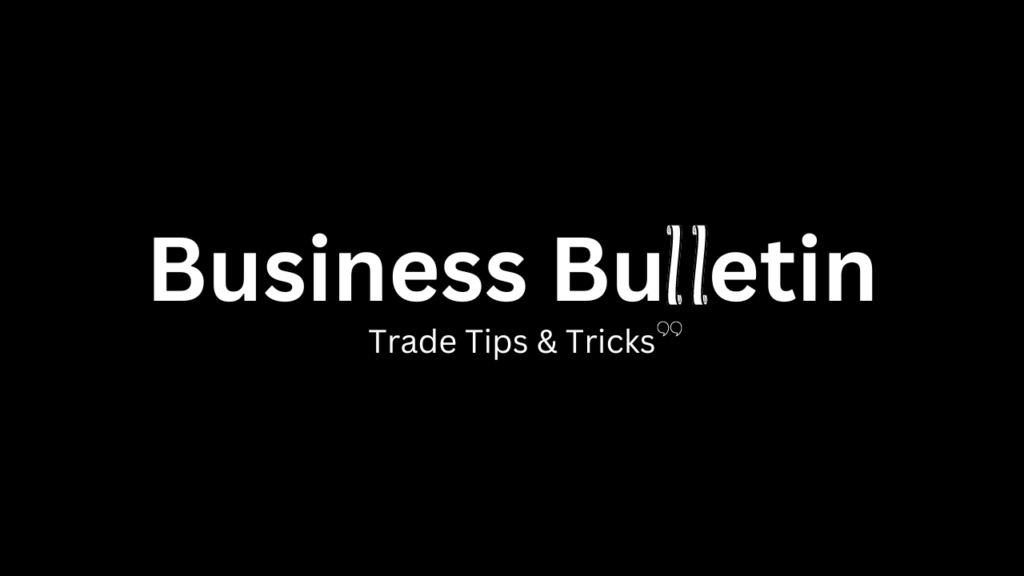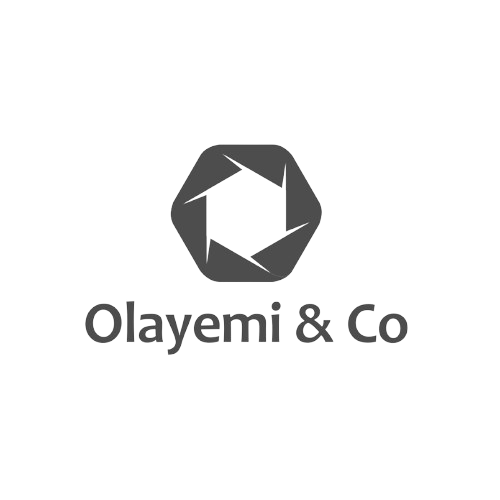
Hi,
My name is Tawheed.
In the last edition, I talked about how to manage costs in your business. And in this edition, I am going to focus on the building blocks of a business.
When you identify the kind of business you want to go into, one of the key aspects to consider is knowledge and experience. Many people talk about doing what you have passion in, that may not necessarily be a prerequisite to start any business. All you need is to have the basic knowledge, the understanding of the nature of that business, and experience in doing the business. The experience does not have to be multiple years, I mean it can be a few months, it can be a few weeks depending on however long it takes for you to truly understand the nature of that business.
I mean if you want to go into, say a stock brokerage business for instance, you need to be able to understand how the capital markets work, how to buy and sell shares in the secondary markets, how do you make money off of the transactions that you engage in, how do you get clients. So these are the things you need to really consider, but then again, once you have identified the business opportunity, you need to lay the foundation so you can build your business empire as you dream of it or as your research.
I keep telling people, even if you are an employee working in any organization, in order to be able to dispense in your job role or your responsibility, if you do not understand how the business you are working at makes money, you would limit the potential of the impact you can have in that business, the value addition you can create in that business. So it is very important for you to understand how the business is making money. For instance, an accountant manages finance, and finance happens to be the life blood of any organization. So it is even imperative for an accountant to understand nature of the business in which he or she may be working in.
At my previous employment, we had a Credit Controller, we had the business development team and technical team. I got into that job thinking that I was just going to manage the operations and mostly deal with the accounts payables — which have to do with payments that we would make to vendors or suppliers or people that help us run the business on a day to day. And I believe that the Credit Controller was responsible for accounts receivables, and it was his job to collect all the payments that our clients were owing us.
So in a few weeks, most of the interactions between myself and the management, had to do it approving one payment or the other, and it did not take long for me to get feedback that I am only concerned about monies going out, and I care less about monies coming in. And that was a point of reflection for me because I mean I am the accountant, I am managing finances, that is not limited to payables even though we had the Credit Controller and the business development team. It was the responsibility of the business development team to bring businesses and the Credit Controller ensures that payments that our clients are supposed to make as at when due are collected after the technical departments would have delivered on those projects.
So I decided to get close to the key players in each of these departments:
1. Credit,
2. Business Development,
3. and Technical.
I started with the business development because I wanted to understand how we even got clients to trust us with delivering on certain service offerings that we had or products that we sold. Ironically, the basic entry into my knowledge was to know the cost of certain products, the benefits of those products and the features that came along with that. Then, I now studied the technical bit, I was able to understand how some of these deployments were done, some of these benefits and features that I studied theoretically, I could now see them practically and the impact it had in the businesses of our clients.
So I later on focused on getting to know those clients that were owing us. It took me a few weeks to just understand this cycle and that was I was able to begin my knowledge gathering, if I would say in terms of the nature of the business in which I was operating in. Just this decision and that reflection made me become the Chief Operating Officer in 12 months and I knew everything about the business, in fact things did not only pass through me internally and externally because I was the accountant. It did pass through me because I brought my analytical mindset into the mix and how I was able to get things done operationally.
Getting things done happens to be one of the most important skill set in any organization. Now, I am focusing on my experience as an employee and how to build a career path so far so good in the conversation, however if you do not know how to manage someone else’s business, trust me you will never be able to manage your own business. That is if you are even able to get it started and set the ball rolling, if you are able to come as far as that.
So, that is not to say that you must work as an employee to manage someone’s business before you can start your own business. The point is if you are managing someone else’s business and you are handling that carelessly, it is the same work ethic and principles that you will take into managing your own business. So it boils down to the kind of person you are, you need to really work your entrepreneurship muscles. I mean it takes a lot of resilience because in the beginning there are so many battles you’re going to be fighting.
In order to be able to lay the building blocks of any business, you need to truly understand the nature of that business. If you are a manufacturing business, you do not just try to network and get people to know about your intention to set up a factory. You need to actually set up that factory and get it to become operational so people see that you will be able to deliver on the products that you are meant to produce.
So think BIG, start small.
You can do anything.
In the next episode, I am going to address financial aspects of your business which has to do with the startup costs, the operational expenses, it could be that you have raised capital or not. I am going to address some of the nuances in that regard.
Thank you so much for your time.
Thanks for reading.
